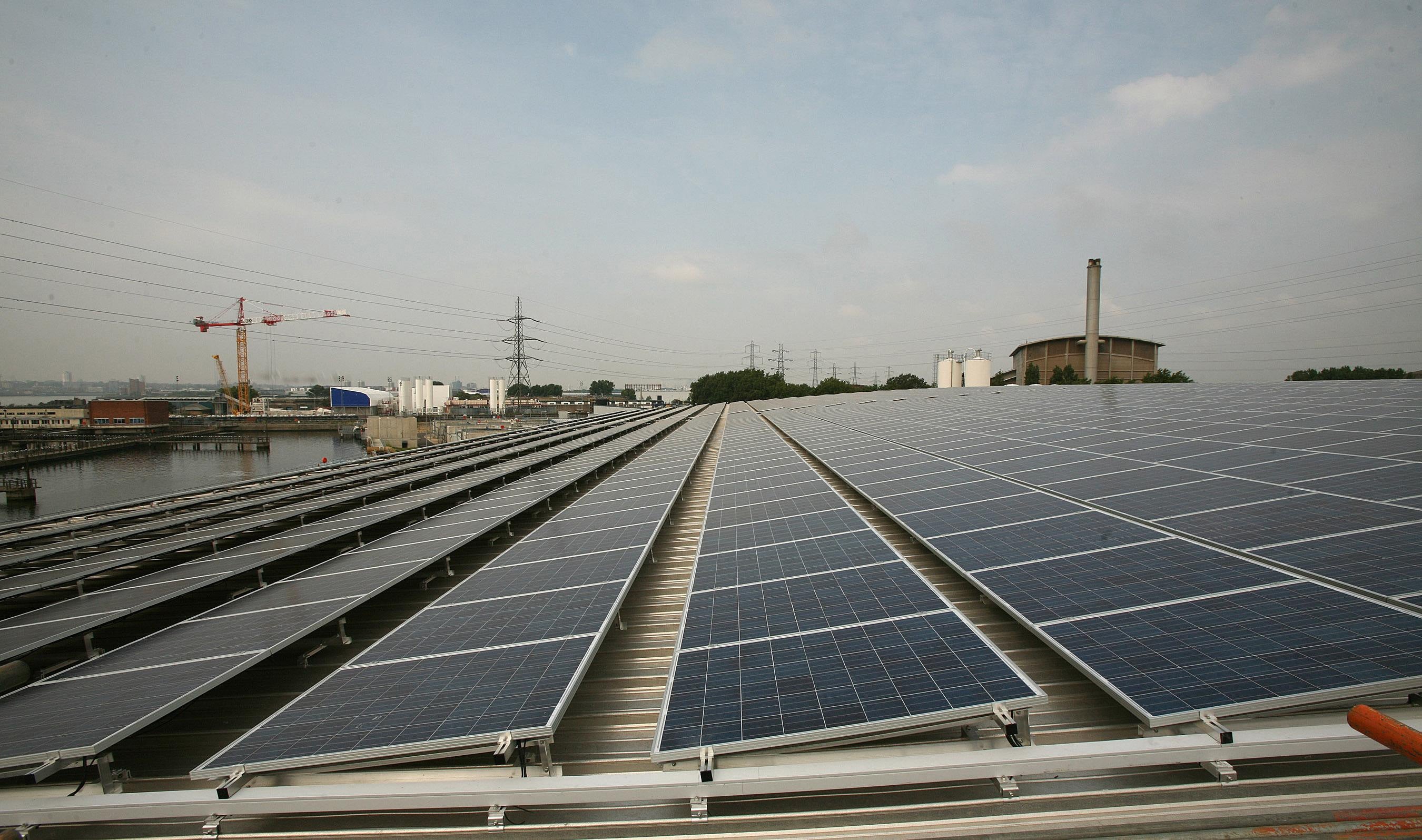Dim decision: Huge rise in solar farm planning refusals
It is estimated that the energy generated could have powered up to 147,000 homes per year

Planning application refusals for solar farms are higher than ever, despite the energy price crisis and the climate crisis.
Planning permission for 23 solar farms has been refused across England, Wales and Scotland between January 2021 and July 2022, which could have produced enough renewable energy to power an estimated 147,000 homes annually, according to new analysis.
Just four projects were refused planning permission during 2017, 2018, 2019 and 2020 combined.
The analysis, from planning and development consultancy Turley, comes following Liz Truss’ controversial plan to crack down on solar farms, in which she called the sight of solar panels in fields “depressing.”
Meanwhile, the ongoing climate and energy crisis continues to worsen, with rocketing wholesale energy costs causing household energy bills to rise to £4,426 by April 2023, according to Cornwall Insights.
Soaring gas prices have brought scrutiny to Europe’s reliance on fossil fuels and heaped more pressure on politicians to lay out how they will pursue the energy transition.
EU wind and solar power have continued to deliver throughout the current energy crisis, setting new records every month in the second half of 2021 except September, according to energy think tank Ember.
Despite Truss’ plan to clamp down on solar, the technology is listed as a key contributor to renewable power generation in the Government’s British Energy Security Strategy, released in April this year.
Emma Kelly, associate director at Turley, said: “Solar should be a key contributor to the energy market, especially as we look to diversify our renewable energy products to ensure maintenance of supply.
“The significant uplift in planning permission refusal for solar farms goes entirely against the proposals laid out in the Government’s British Energy Security Strategy.
“Solar power currently contributes 14GW of energy at present, so we have some way to go before reaching the 70GW target. If Liz Truss goes ahead with her plan, the British Energy Security Strategy will need to be rewritten.
“Biodiversity is certainly a factor we need to consider with solar farms whilst the ongoing rise of the cost of energy has shown just how important renewable energy generation is for the future of the UK. A growing trend of refusing planning permission for renewable energy projects that are designed to support energy security is a huge step backwards on our road to Net Zero.”
South West and Eastern England had the highest number of refusals for planning permission, with four projects turned down each. Wales, the West Midlands and Scotland had three refusals, while the East Midlands, North East and South East had two planning applications turned down.
Subscribe to Independent Premium to bookmark this article
Want to bookmark your favourite articles and stories to read or reference later? Start your Independent Premium subscription today.

Join our commenting forum
Join thought-provoking conversations, follow other Independent readers and see their replies